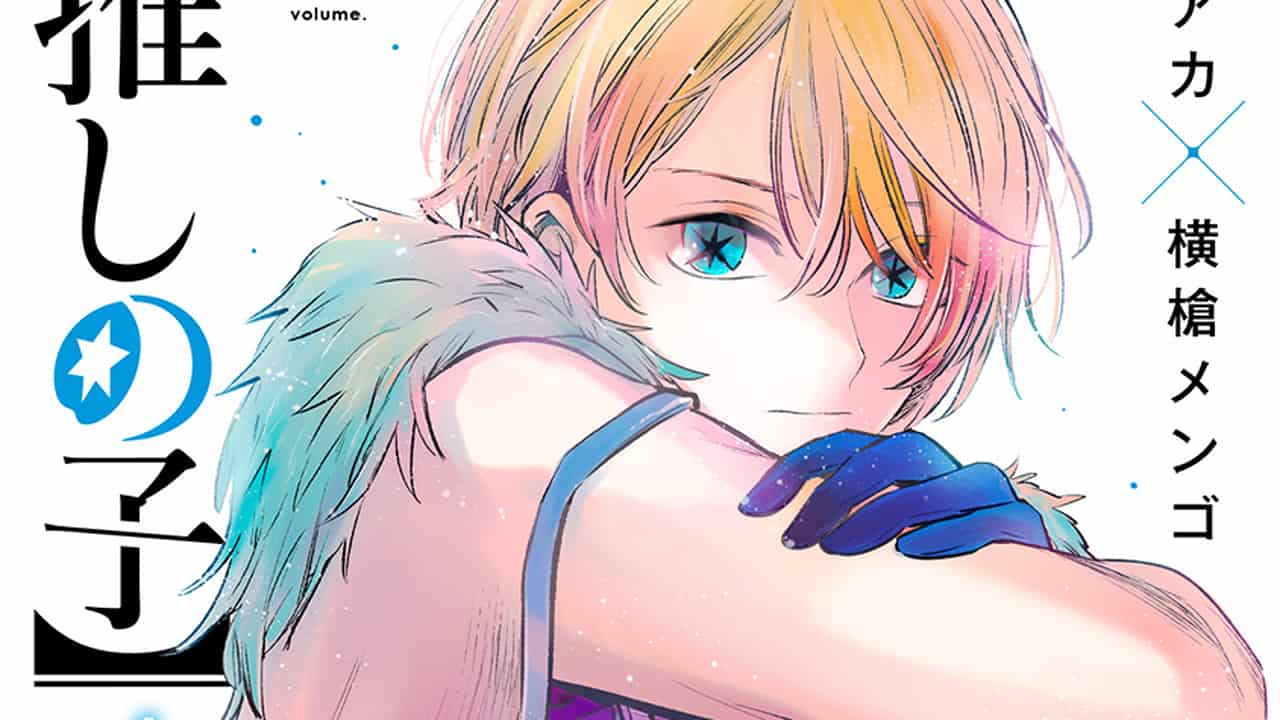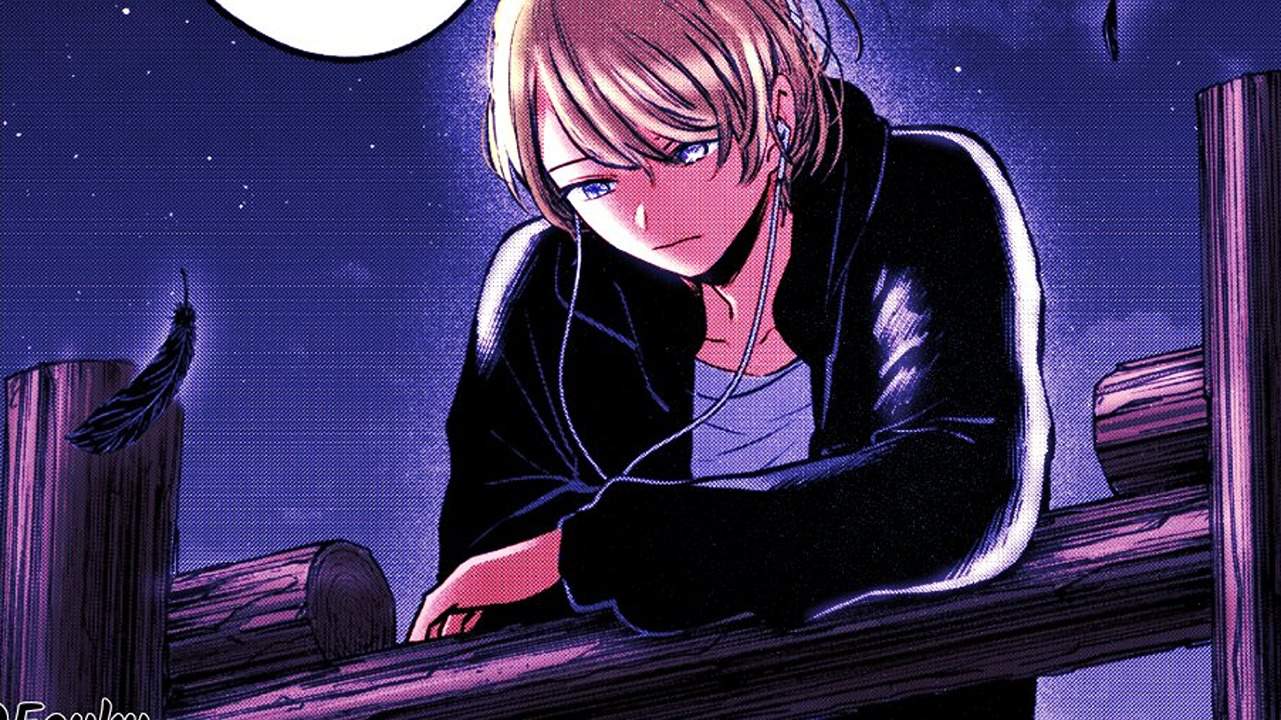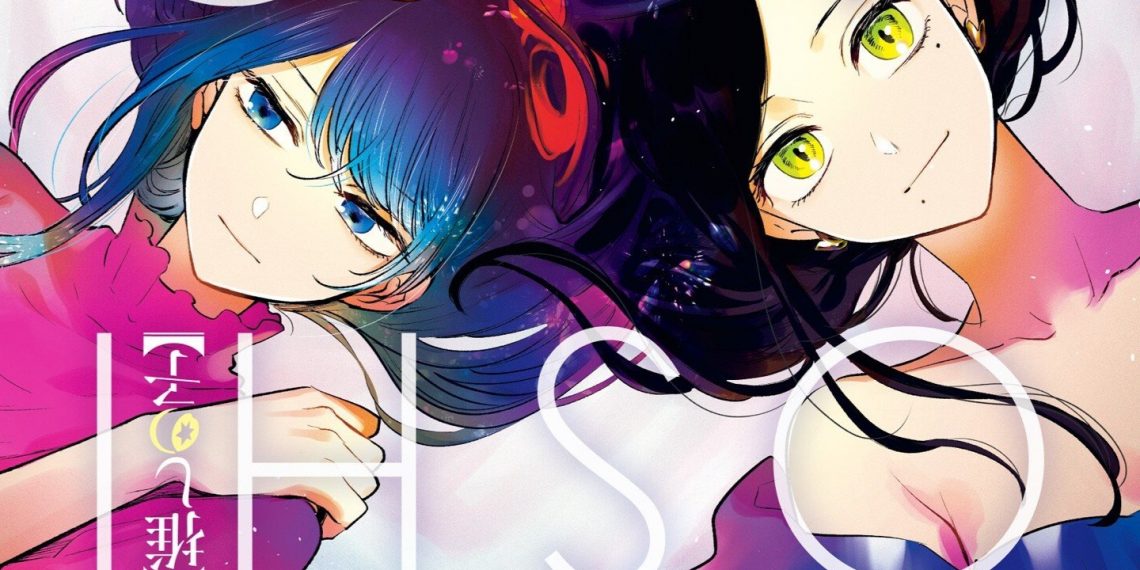Oshi no Ko explores the harsh realities of the entertainment world, particularly through Akane Kurokawa’s tragic experience. Introduced in episode 6, Akane’s attempt to gain screentime on a reality dating show backfired when she slapped her co-star, Yuki Sumi. While Yuki forgave her instantly, the internet did not. Online mobs attacked Akane, subjecting her to endless criticism and scrutiny. This incident highlights the dangers that celebrities endure in the digital age, where a single mistake can lead to overwhelming backlash.
The episode, titled “Egosurfing,” sheds light on the consequences of seeking public opinion online. Many performers engage in this practice, but for Akane, it became a nightmare. Despite her initial intentions, she was labeled negatively, and the constant barrage of hateful comments pushed her into despair. Oshi no Ko portrays how social media amplifies mob mentality, making it easy for users to dehumanize public figures without considering the emotional toll their words take. By the end of the episode, Akane reaches her breaking point and attempts suicide, only to be saved by Aqua.
The Parallels Between Akane’s Story and Real-Life Tragedies

Perhaps the most distressing aspect of Akane’s story is how closely it resembles real-life events. Her experience mirrors the tragic case of Hana Kimura, a Japanese pro wrestler and reality TV star who faced months of relentless online harassment after an on-screen argument. The cyberbullying became unbearable, leading to her suicide in May 2020. Hana’s passing shocked the world and led Japan’s parliament to introduce stricter laws against online harassment.
Oshi no Ko fans quickly picked up on the similarities, recognizing the anime’s critique of modern internet culture. While Akane survived her ordeal, Hana did not, emphasizing the devastating impact cyberbullying can have. The anime doesn’t just tell a fictional story—it reflects the real-world consequences of unchecked online cruelty.
Oshi no Ko’s Message About the Responsibilities of Online Communities

Oshi no Ko doesn’t just depict the struggles of fame—it actively critiques the dehumanization of public figures. Akane’s survival offers hope, but her trauma serves as a warning: words can wound just as deeply as actions. In an era where social media allows instant communication, people must recognize the power of their words. While freedom of speech is vital, it should never come at the cost of another person’s well-being.
As society continues to blur the lines between entertainment and reality, Oshi no Ko reminds viewers of the responsibility that comes with engaging in online discourse. Empathy and understanding must replace senseless hate, ensuring that tragedies like Hana Kimura’s never happen again.





